Description
Description
Many of the people I work with struggle with sleep issues, and I believe most of us have dealt with some kind of sleep problem at some point in our lives.
Whether it's not getting enough hours, poor sleep quality, difficulty falling asleep, or trouble staying asleep, these issues can impact every aspect of our lives, from mental clarity to physical performance.
This article will explore ways to optimize your sleep, offer effective strategies for managing digestion and sleep, and introduce a few herbs that may provide valuable support.
So let’s get started with a few basics about sleep.
There are 4 stages within a full sleep cycle
Please keep in mind that the percentages given are not exact -- but the closer we are able to get to them the more optimal our sleep and recovery will be. They are as follows:
Stage 1
This is a stage between wakefulness and sleep. You may also know this as your drowsy phase.
In this stage, the muscles are quite active and the eyes may periodically open and close. Stage one is where unsynchronized beta and gamma waves become slower, transitioning into alpha waves (a shallow sleep state) and then into a deeper sleep state known as theta. This is a transition phase. Within this phase, breathing becomes more regular and heart rate begins to slow down.
Because sleep disruption during this phase is very common, dreaming is very unlikely. This stage represents about 5% of total sleep time.
Stage 2
This is known as the first true stage of sleep.
Muscle activity decreases and conscious awareness begins to fade. This is mainly a theta wave stage. This stage has two very unique characteristics.
- First, are sleep spindles -- short bursts of brain activity known as sigma waves, each lasting about a half second.
- Second, are k-complexes -- these are short, negative, high-voltage peaks followed by a slower, positive complex ending with a final negative peak. These typically last about 1-2 minutes.
Together, their purpose is to protect sleep and suppress the response to outside stimuli. They also aid in memory and information processing. Around 40-45% of sleep time is spent in this stage.
Stage 3
This stage is known as deep, delta or slow-wave sleep.
The sleeper is essentially cut off from the world and nonresponsive. This stage occurs in longer shots during the first two sleep cycles in the first half of the night. During this phase, the brain, body temperature, breathing, heart rate, and blood pressure are all at their lowest. Dreaming is more common in this stage than in stages one or two but they are not vivid or memorable.
This is a common stage where you may see sleep walking, talking and night terrors. If awoken during this stage it will commonly take 30 minutes to attain normal mental function. This stage represents 15-20% total sleep time.
Rem phase
This phase occurs about 90-120 minutes throughout the night and accounts for about 20-25% of total sleep time.
This is all dependent on age so, for example, a baby may spend up to 80% of sleep time in this phase. This phase is known to dominate the latter half of one’s sleep period. Rem stands for rapid eye movement and while it is still not completely understood, it is believed that this rapid eye movement serves to support the internal visual images of dreams.
During the REM phase of sleep, breathing becomes more rapid and irregular, heart rate and blood pressure increase to normal waking levels and sexual arousal is more substantial during this phase.
Also during this phase, muscles become totally paralyzed and unresponsive. This occurs because brain impulses that control muscle movement are completely suppressed. The most memorable and vivid dreams happen during this phase as well. Rem sleep is activated by serotonin.
Quality vs Quantity:
- Do you get 8-9 hours of sleep a night?
- Do you wake up feeling tired and unrested?
- Do you go to bed tired but your mind won’t slow down?
The average American sleeps about 7 hours a night but…
How much of it is actual quality sleep?
It can be easily summarized that because most people wake up feeling tired and unrested that they are not getting into the REM phase of sleep: This is where the greatest amount of recovery happens.
Rest or Digest:
During sleep, you will want to give your body as little to digest as possible.
Digestion takes up the most energy in the body. Therefore, within 2-3 hours of going to sleep it is best to stay away from hard-to-digest solid foods.
I would also suggest that about an hour before bed you also make a drink of soaked chia seeds and a tiny pinch of Himalayan salt. This will assure that you stay hydrated throughout the night.
Herbal Support
The following are herbs that can be used before bed to support your body’s ability to go into a deeper phase of sleep, and are traditionally used to support lucid dreaming:
- Ashwagandha
- Chamomile tea
- MugWort
- Valerian extract
- California Poppy
- Kava Kava
- Blue Lotus
- Hops
- Passionflower
When you take enough of these herbs you may experience profound lucid dreams.
As a final note, if you choose to use any of the herbs to enhance your ability to have more “lucid” dreams, it is important to realize that your intentions behind using herbs are as important as actually using them.
Using them incorrectly or with the wrong intentions can possibly “jolt” you into a lucid dream state. This could result in you not being able to handle the reality of the dream itself. A lucid state is a very powerful and raw state that for those who have never experienced it, can be very overwhelming.
Remember, respect the herbs you are using and they will do as they are supposed to.
Getting great quality sleep is perhaps one of the most important things you can do to help support your body’s ability to recover from a multitude of stressors. Having a greater understanding about the different stages of sleep and the other factors that affect sleep habits as described above, can be very valuable in achieving the goal of a perfect night’s sleep. Experimenting with these different factors to help you optimize your pattern may be one of the best things you can do for you body and your mind.
As always, if you have any questions or remarks, please login and comment below.
To your health,
Mike
About Michael Stuchiner
Michael Stuchiner is an experienced Master Herbalist, the Head of Education for Z Natural Foods, a teacher and an accomplished author. With a 16-year specialization in medicinal herbs, Mike also has a vast knowledge in tonic and adaptogenic herbalism. Mike has enjoyed a 25-year career as an elite-level competitive powerlifter where he learned to heal his ‘mind and body’ as an avid user of herbal remedies.
As an “in-the-trenches” herbalist, Mike has done more than 85 speaking engagements, consulted with clients ranging from young to elderly, worked with athletes in virtually all sports and with clients who have “dis-ease” states of a wide variety. Mike also mentors student Master Herbalists and will continue to teach the next generation to grow a deeper wisdom of the human body through appropriate herbal remedies.
For Bulk inquiries and custom formulations click here.


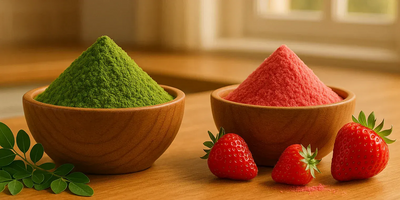
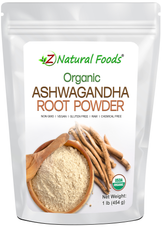
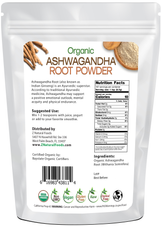
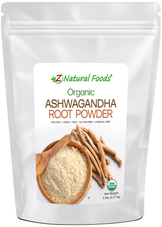
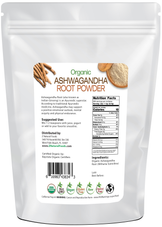


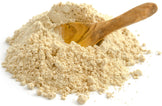
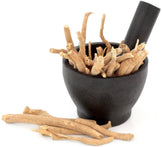

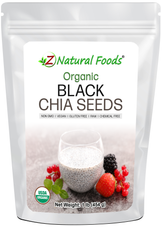
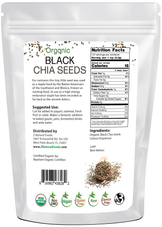
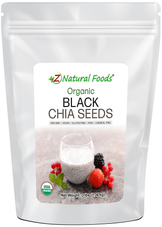
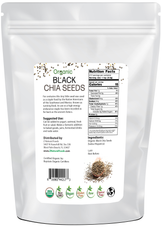


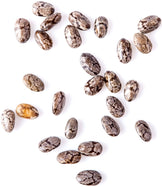
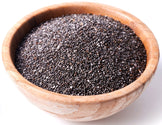
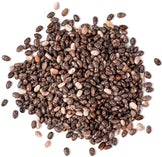

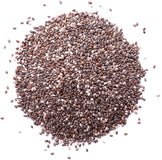




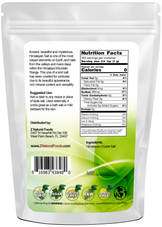

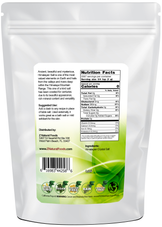

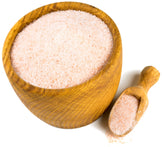
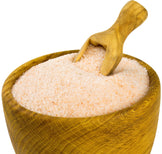
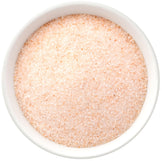

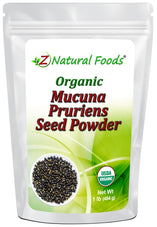
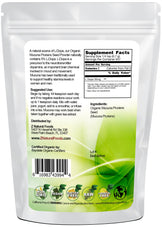


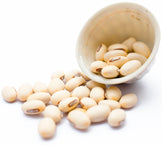
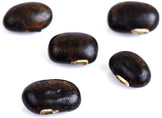




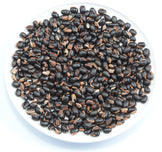



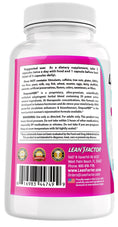





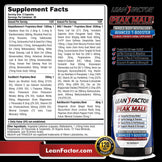
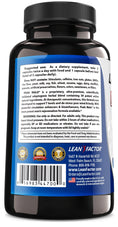







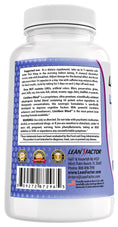

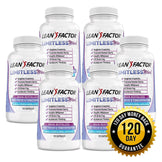




Hello Lauri
Yes, that is a wonderful food you mention especially because it is a natural food source of melatonin.
What about montmorency tart cherry juice? Wouldn’t they a good choice for sleep?
Thank you